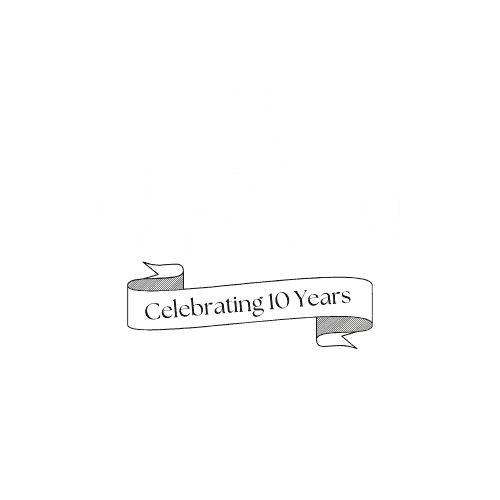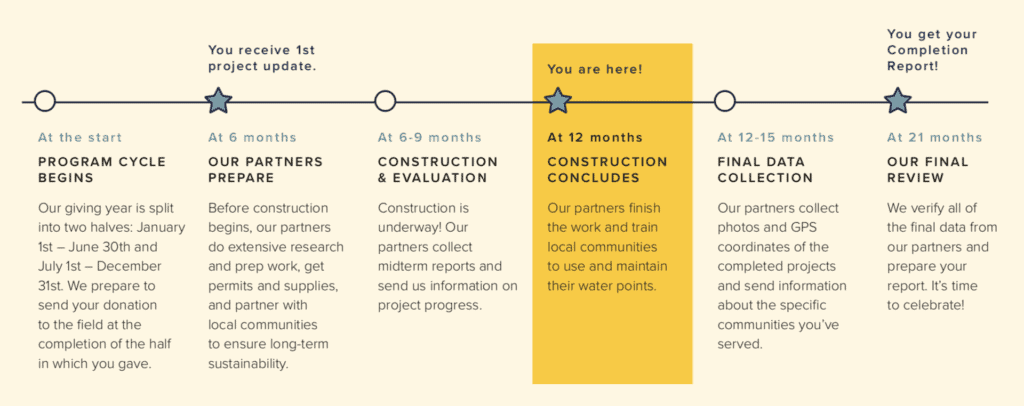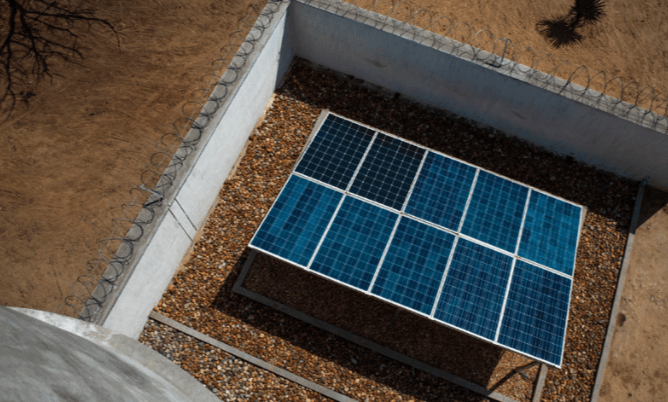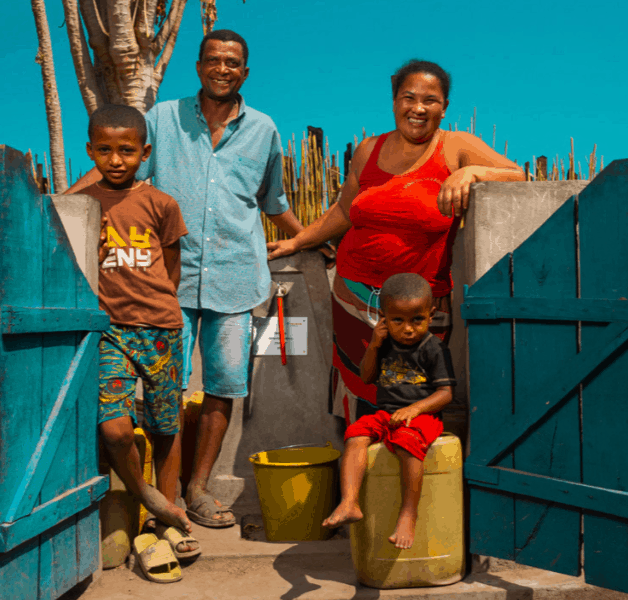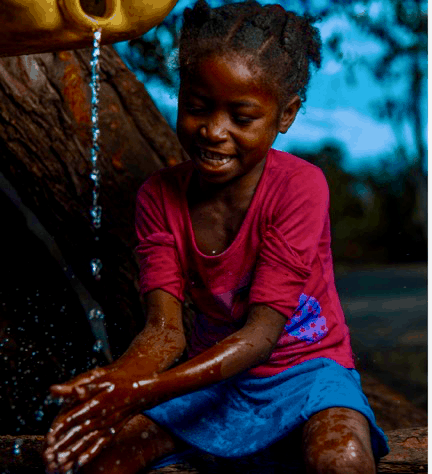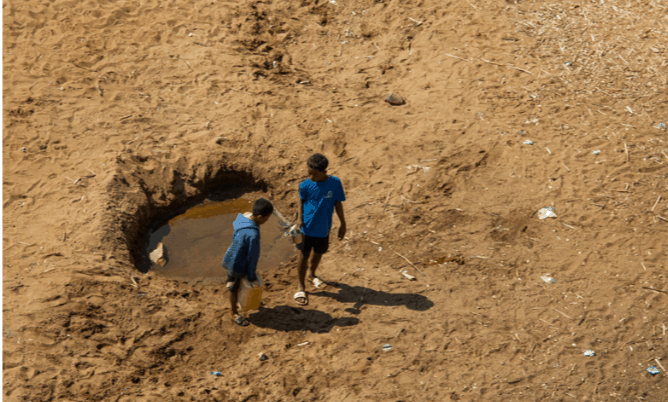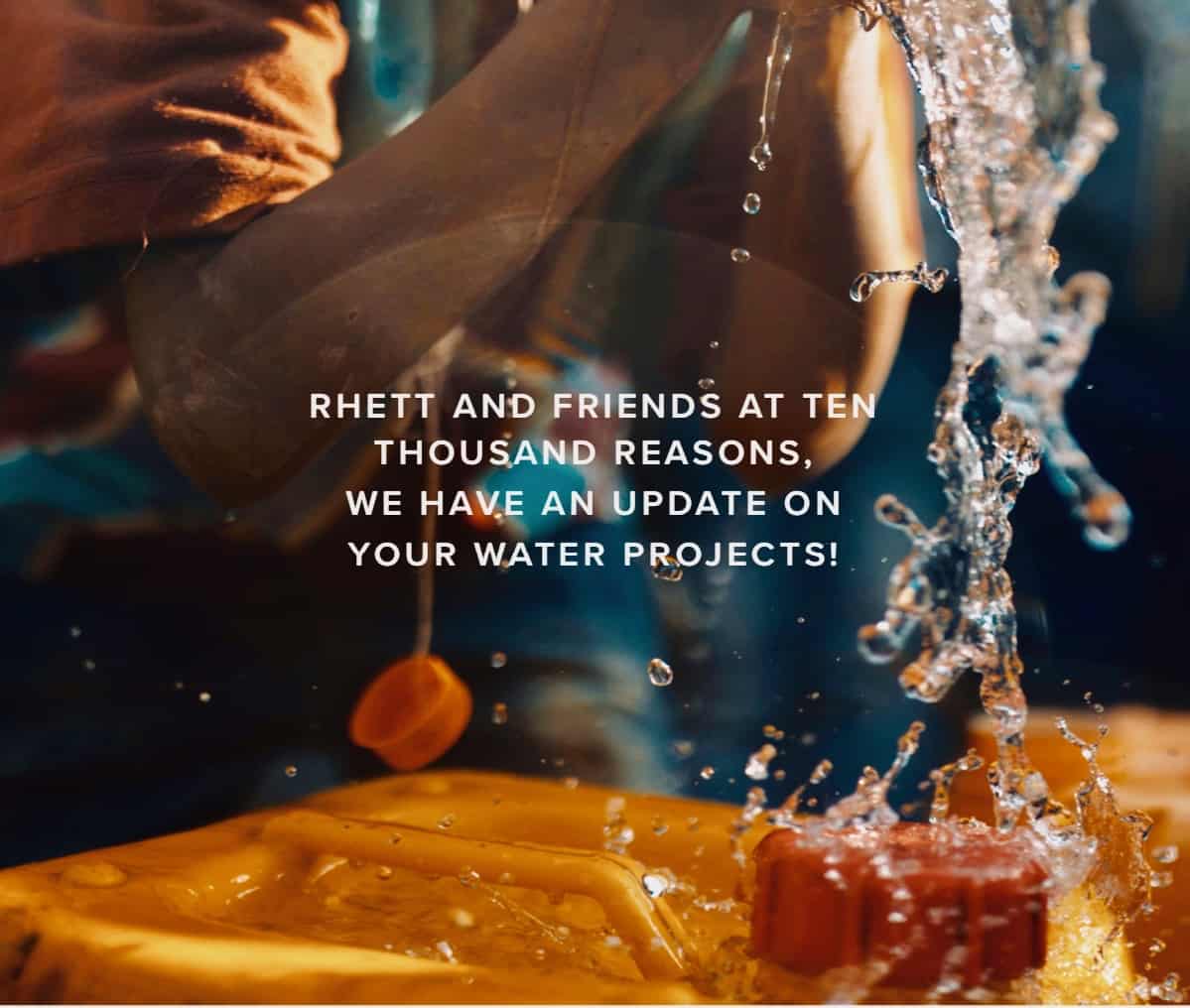
In 2020 Rhett Bradford was granted $10,000 dollar on behalf of Charity:Water. This grant provided funds to build a well which will supply water to an entire village in the Atsinanana Region of Madagascar. It will supply them with clean water and hope for a better future. The implementation for the project is 21 month process and we are currently at month 12. Here are some key elements from the update we received
Project Timeline
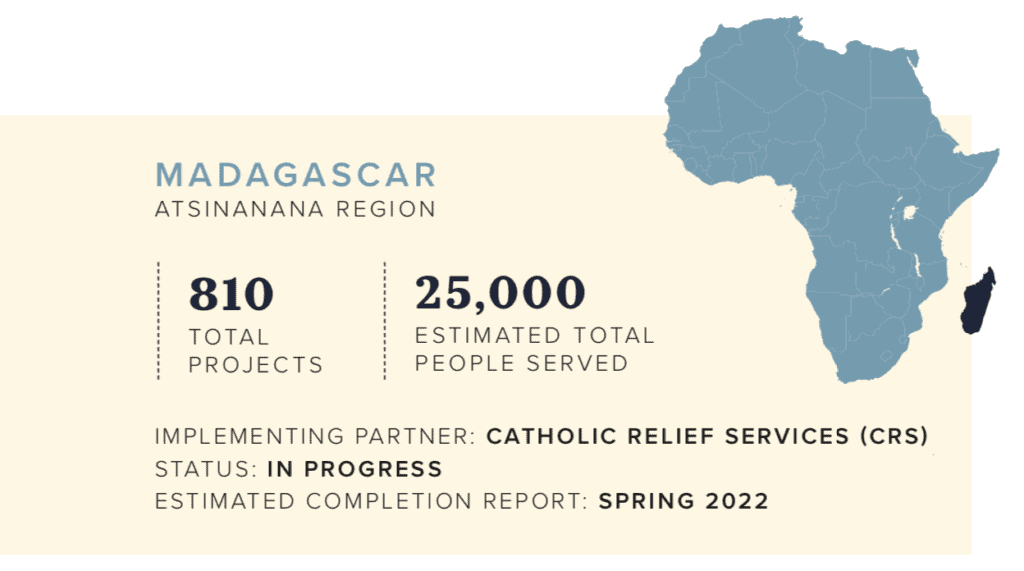
In the first half of 2020, you generously funded 5 New Piped Systems in Madagascar. Thanks to you, we’re on our way to providing 25,000 people living in the Atsinanana Region with clean and safe drinking water
Field Conditions
Madagascar has some of the worst water, sanitation, and hygiene indicators in the world. Only 54% of the population has basic access to drinking water, and in rural areas, coverage drops to 36%. The country also regularly faces floods, droughts, and cyclones, which are expected to become more common as the global climate continues to change. charity: water is working with our local partner, Catholic Relief Services (CRS), in the Atsinanana region of Eastern Madagascar to improve water and sanitation through the construction of large-scale piped systems. Using solar power, electricity grid power, and gravity, water is pumped from boreholes and springs to tap stands.
Progress To Date
So far, all feasibility studies have been completed, contracts have been signed, and construction is underway on all 10 piped systems! Community meetings were also held in each fokontany (a village or group of villages) to present the program, explain the public-private partnership model, and get buy-in from the community. Finally, 59 water service providers were trained to operate, maintain, and test the water quality of the piped systems, and 38 were trained on contract management
Community Engagement
CRS Madagascar uses a public-private partnership model to construct and maintain the functionality of water points. The local government and a private utility contribute financially to the construction, and in exchange, the private utility is granted a concession to operate the system for 10-15 years. The private utility is also responsible for all maintenance and repairs during that time, providing an incentive to deliver quality construction and maintain project functionality.
Once built, water sellers are employed at each public water kiosk or shared community distribution point. Water users pay a small fee to collect water, and the water sellers receive a commission from their sales. The local government also receives a portion
of the private utility’s proceeds, which they reinvest in their local WASH (water, sanitation, and hygiene) operations. In this way, the community, the local government, and the private sector all have a role to play in water point sustainability.
